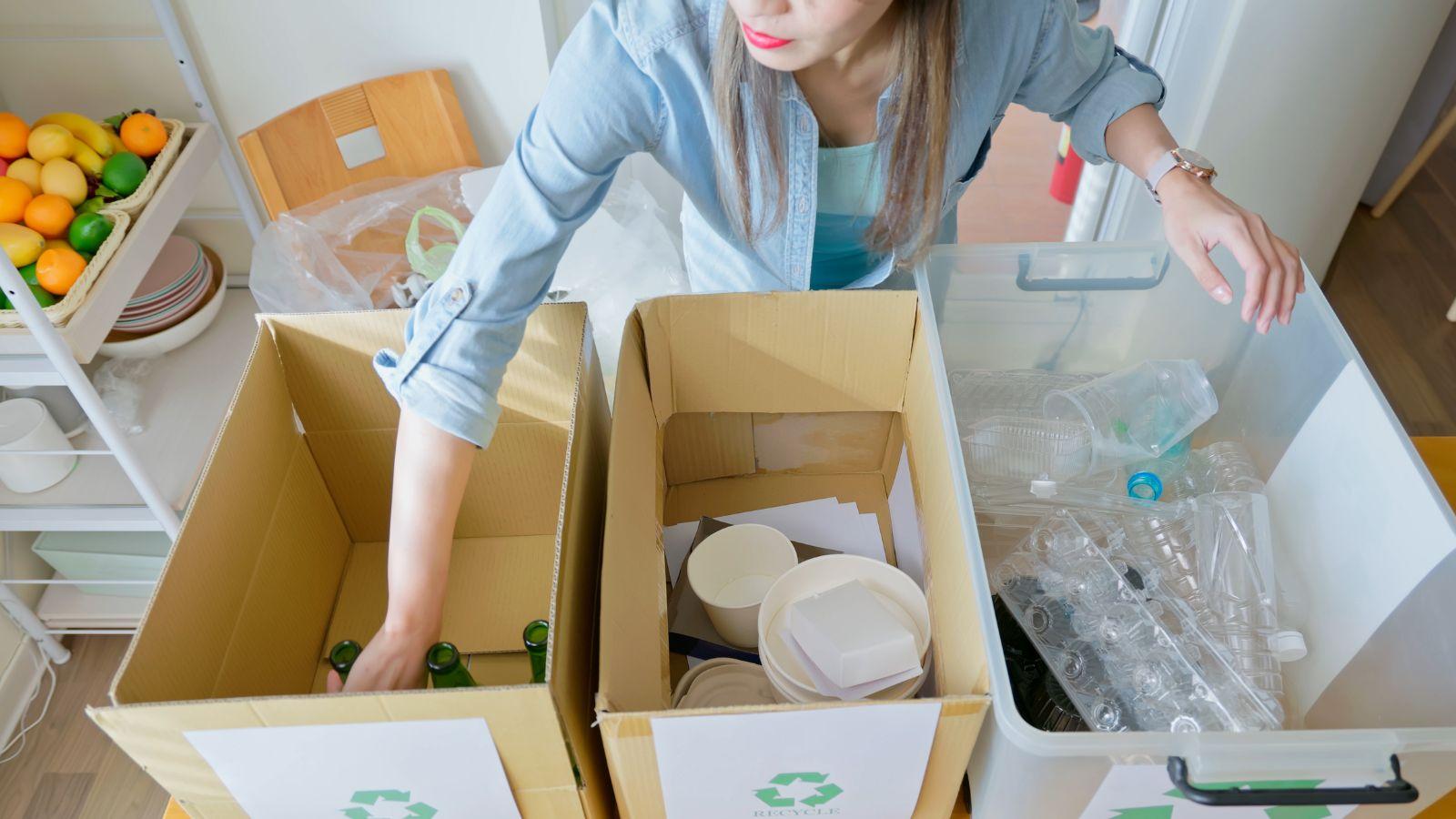Recycling Habits Are Hard to Break, New Research Shows
Jan 09, 2024 — Atlanta, GA

New research from Dylan Brewer, an assistant professor at Georgia Tech's School of Economics, and Samantha Cameron, an alumna of the School and Ph.D. student at the University of California-Davis, suggests that pausing recycling programs may not have long-term effects on recycling habits.
Their new paper, published in the Journal of Policy Analysis and Management, is "the first empirical test of the hypothesis that recycling habits will degrade if recycling programs are not maintained," the researchers said.
Brewer and Cameron examined a natural experiment in New York City, where the government paused the recycling program from 2002 to 2004. By comparing recycling rates in New York City to rates in Massachusetts and New Jersey, where recycling continued uninterrupted, the researchers found that "from 2006 to 2008, [NYC] recycling rates were unaffected by the pause. The finding of a quick rebound in recycling is consistent with persistent skills and habits in recycling."
Recycling is often unprofitable, so this is a valuable insight for policymakers weighing the management and continuity of recycling programs during economic fluctuations.
While cities maintain recycling programs during unprofitable periods for many reasons — it preserves environmental benefits and can prepare for future program profitability despite potential short-term financial strains — Brewer and Cameron's study shows that continuing programs over concerns that workers and people using the service will lose their recycling skills may be unfounded.
Still, there are some caveats. NYC is unique in many ways, including a 1989 law making recycling mandatory. However, a closer look by the researchers showed that law enforcement did not heavily influence the return to recycling. Instead, habit and skill retention, pause duration, continuous waste collection programs — NYC still collected paper, metal, and organic material during the pause — and the simplicity of recycling processes played pivotal roles. Still, the researchers recommend further exploration to understand habit persistence in recycling behaviors across diverse settings.
"Our results are relevant to policymakers considering whether to discontinue an unprofitable arm of a municipal recycling program," Brewer and Cameron conclude. "This natural experiment suggests that recycling rates can recover quickly, at least when the pause is short, and other municipal waste services continue. The quick recovery implies that policymakers need not be concerned that recycling rates will take a long time to rebuild."
“Habit and Skill Retention in Recycling” was published in the Journal of Policy Analysis and Management in November 2023. It is available at https://doi.org/10.1002/pam.22554
Ivan Allen College of Liberal Arts




